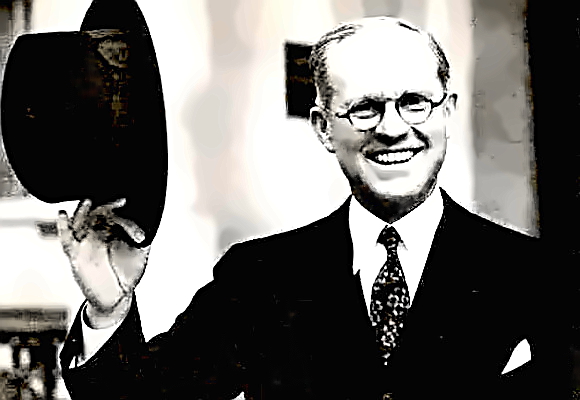Advertisement
If you have a new account but are having problems posting or verifying your account, please email us on hello@boards.ie for help. Thanks :)
Hello all! Please ensure that you are posting a new thread or question in the appropriate forum. The Feedback forum is overwhelmed with questions that are having to be moved elsewhere. If you need help to verify your account contact hello@boards.ie
Hi there,
There is an issue with role permissions that is being worked on at the moment.
If you are having trouble with access or permissions on regional forums please post here to get access: https://www.boards.ie/discussion/2058365403/you-do-not-have-permission-for-that#latest
There is an issue with role permissions that is being worked on at the moment.
If you are having trouble with access or permissions on regional forums please post here to get access: https://www.boards.ie/discussion/2058365403/you-do-not-have-permission-for-that#latest
The Kennedy's - The Jackie Tapes -Jackie O’s disdain for the Irish: Stew, prayers and
-
16-09-2011 8:05am#1
Comments
-
-
-
-
-
-
Advertisement
-
-
-
-
-
-
Advertisement
-
-
-
-
-
-
-
-
-
-
-
Advertisement
-
-
-
-
-
-
-
-
-
-
Advertisement
-
-
-
-
Advertisement

 https://www.youtube.com/watch?v=fdv7roLUXN0
https://www.youtube.com/watch?v=fdv7roLUXN0 https://www.youtube.com/watch?v=K2erXFf0bQ4
https://www.youtube.com/watch?v=K2erXFf0bQ4 https://www.youtube.com/watch?v=2S3HHkSA3z0
https://www.youtube.com/watch?v=2S3HHkSA3z0
 https://www.youtube.com/watch?v=QazmVHAO0os
https://www.youtube.com/watch?v=QazmVHAO0os https://www.youtube.com/watch?v=5C3UHiD29BI
https://www.youtube.com/watch?v=5C3UHiD29BI
 https://www.youtube.com/watch?v=ZaRUca7FyAc
https://www.youtube.com/watch?v=ZaRUca7FyAc https://www.youtube.com/watch?v=hH6nQhss4Yc
https://www.youtube.com/watch?v=hH6nQhss4Yc